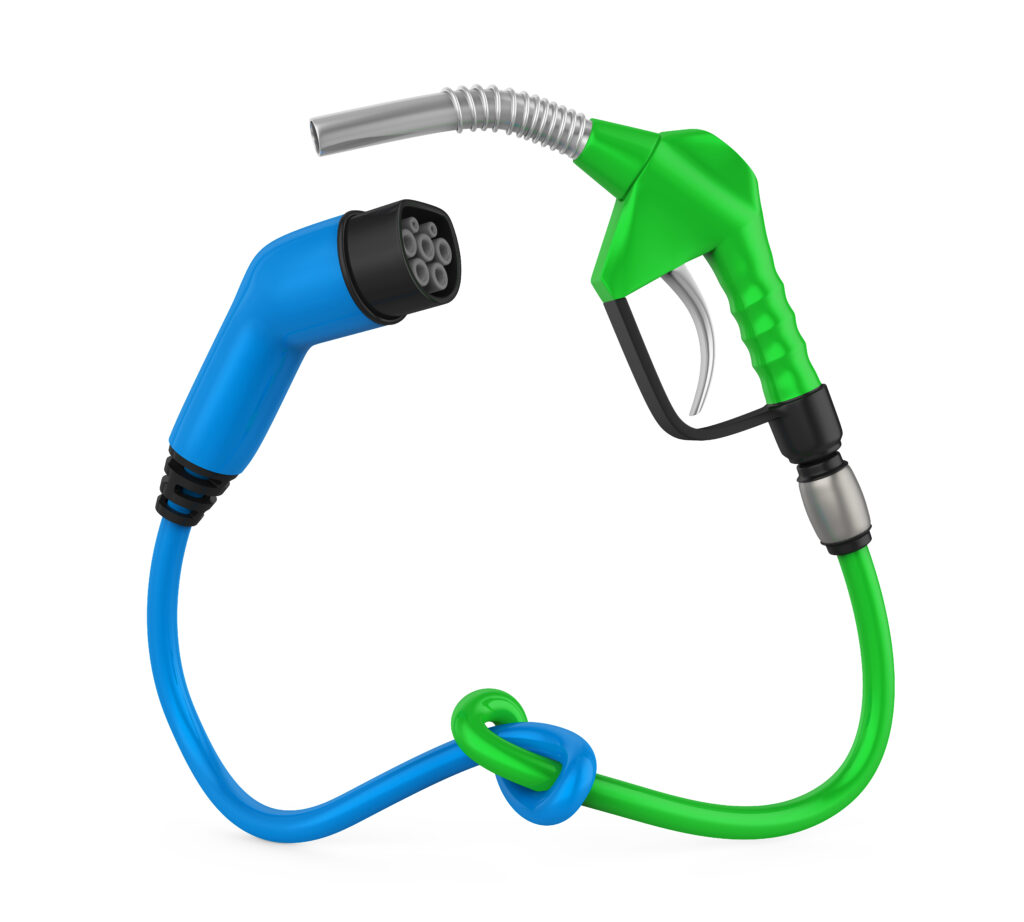Battery electric vehicle sales continue to sputter, confirming need for a better EU approach to reducing car emissions
The latest figures from the European car industry continue to confirm the importance of a flexible approach to de-fossilising road transport – one that includes sustainable liquid fuels such as renewable ethanol.
Europeans continue to favour vehicles that run on these liquid fuels – not just petrol cars but also hybrids. In fact, in 2024 hybrid cars have become the number-one category of new cars in the EU, according to auto industry data.
As these cars will be on Europe’s roads until well beyond 2035, it’s more important than ever that renewable ethanol – which reduces GHG emissions from petrol and hybrid cars by more than 79% on average compared to fossil petrol – play a role in EU transport decarbonisation.
According to the European Automobile Manufacturers' Assocaition (ACEA), sales of battery-electric vehicles declined by almost 10% in November 2024, while hybrid-electric regisrations increased by 18.5%. The battery-electric share of the market fell to 15%, down from 16.3% last year. Petrol and hybrid car sales made up more than 70% of the sales of new cars in November. More than ever, this underlines the importance of renewable ethanol for displacing fossil fuel in these vehicles.
Opening up to the contribution of renewable fuels as early as possible will not only help broaden the range of solution for all EU citizens and preserve affordability of mobility, but also lead to faster emission reduction.

